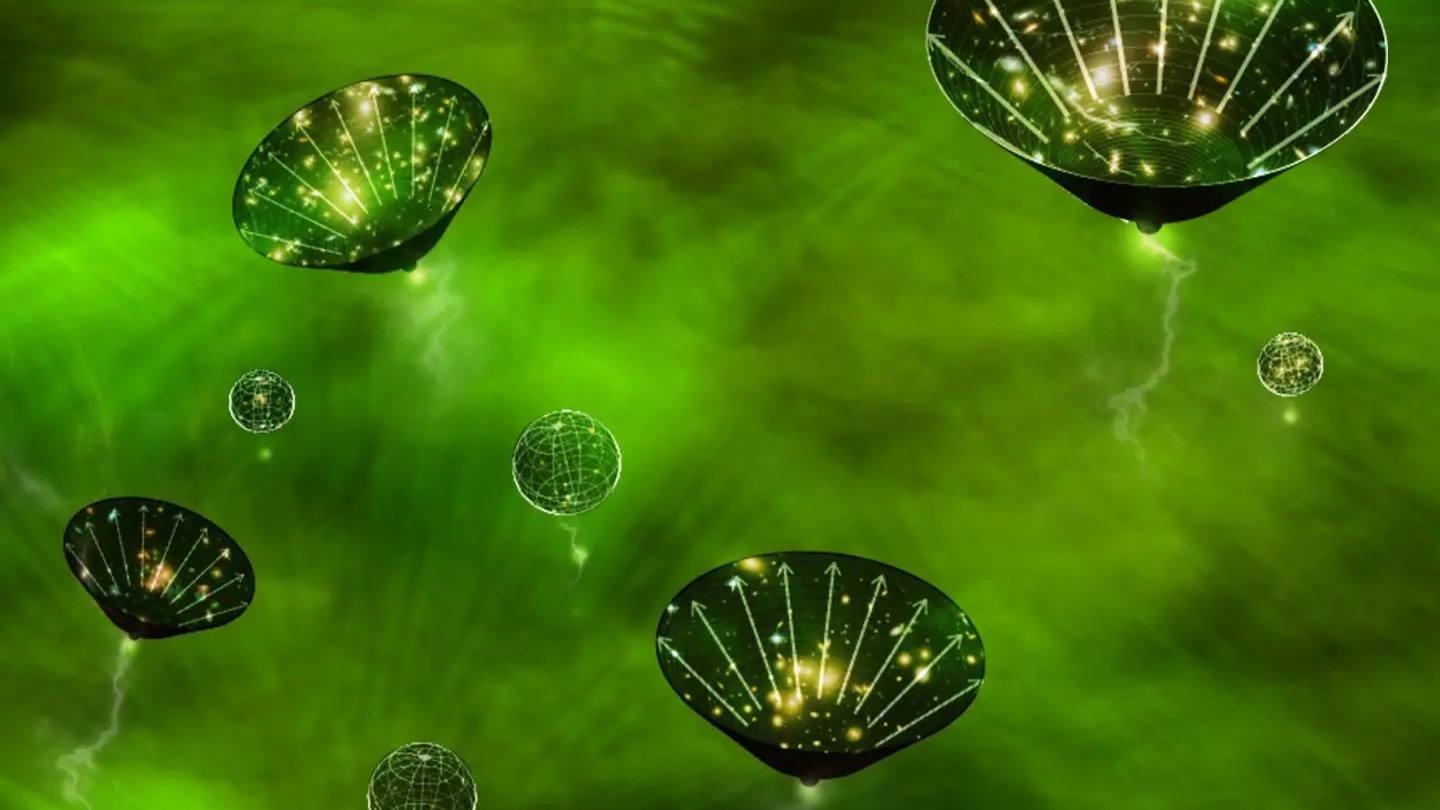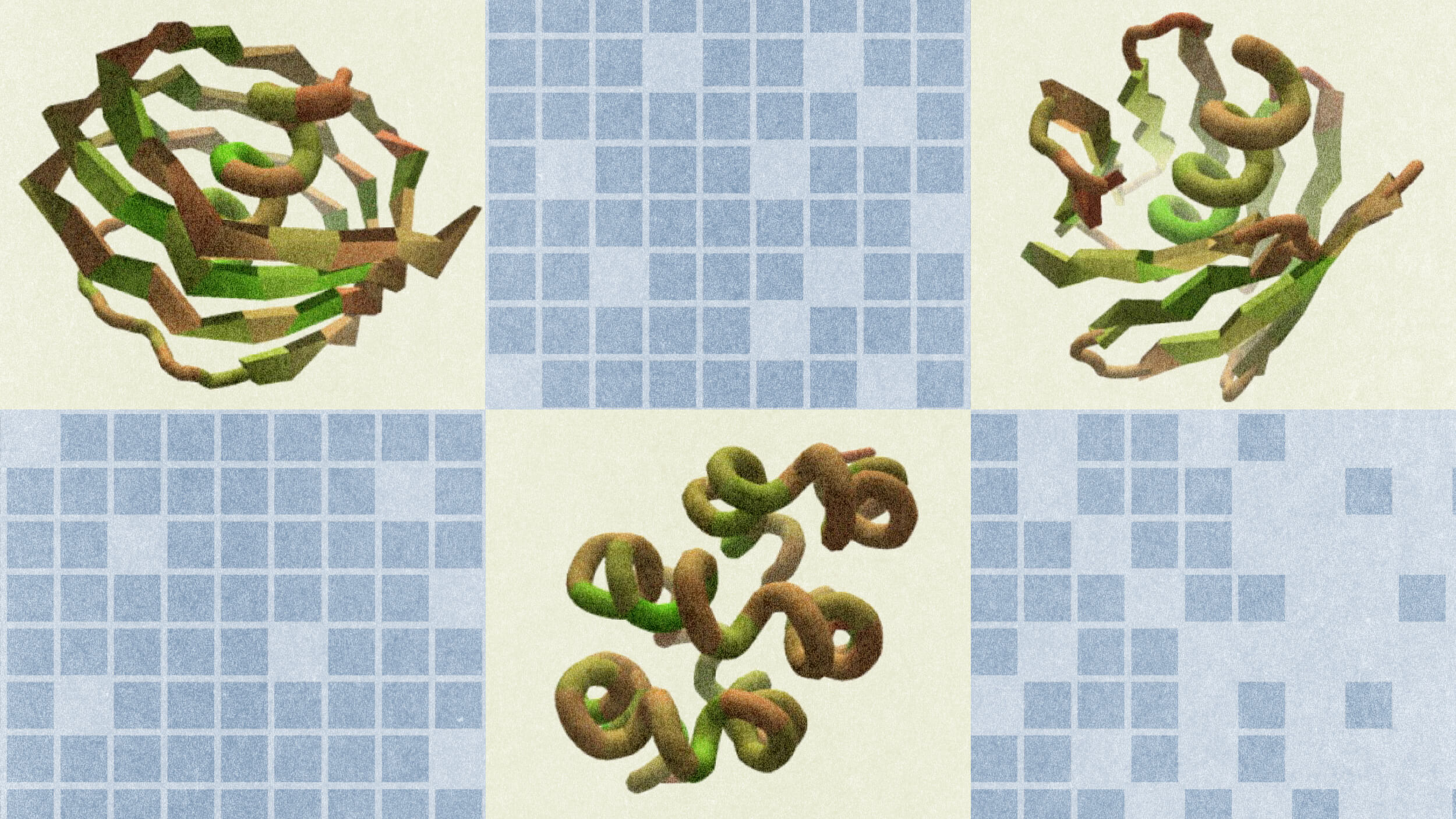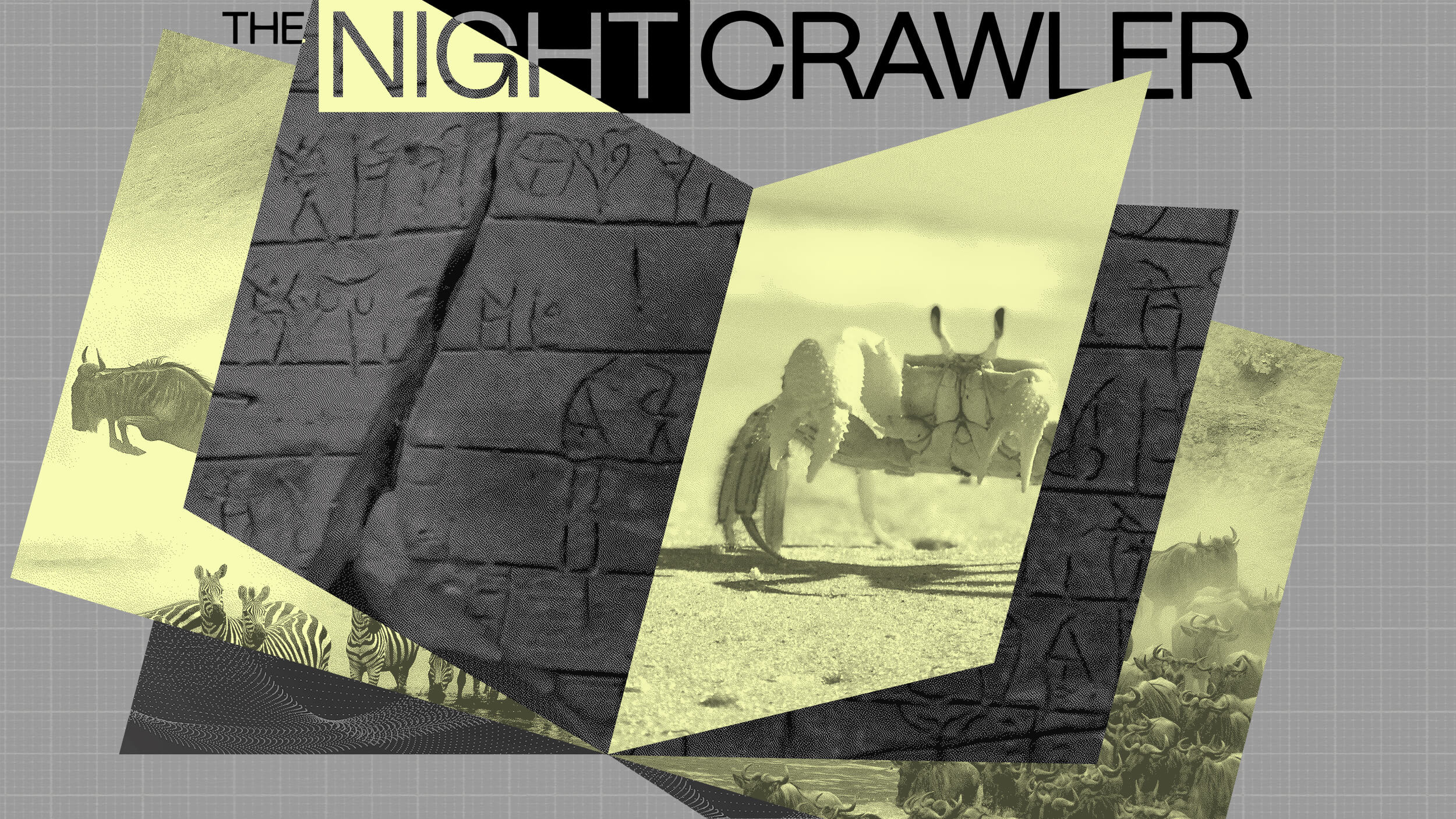The scientist notices a parallel between his parents’ careers and his own interests.
Question: Where do you think you math and science talent comes from?
Steven Castellano: So right now my interests in college are neuroscience and physics and I do find that interesting that my parents are a psychologist and an electrical engineer. I mean, it's ironic there. But I remember growing up and I was thinking, I don't want to be an engineer, and I don't know why I felt that. I felt maybe I felt there was a more narrow mindset. I mean, since then I've discovered that, that they actually have a good thought-process behind it, after taking engineering classes in high school. But I remember growing up I don't think they pushed me in any specific direction. I think I just kind of found that path on my own, however they did definitely help me in finding a direction. I know when I was in like, grammar school I was in third grade and when you're in math classes, if you're ahead of the class you just get more worksheets, it would kind of be boring, like repetitive, work and it's at no fault of the teachers, because there's people that they are trying to encourage to work and you wanna be more apathetic, so they have a wide range of people to cover and it's a big classroom, so, I mean, it's just a crazy environment.
So I remember we went to visit a private school where they had small classes of 15 and teachers were talking about what types of math they were doing and the types of books they were reading in English class and I was really interested. And back then, I was in like third grade, so I wasn't like "oh private schools are really expensive" so I said, "Oh, can I go here?" and my parents, they actually, you know, after just this impromptu visit, they were like, "well most kids don't want to switch schools, they want to stay where they are, but that's really great for him." So they managed to allow me to switch to the private school in fourth grade, so, I mean, they've definitely been encouraging me. And even after I went, starting in fourth grade, I mean it's kind of like where you sink or swim you know, and you're not used to doing as much work in the public school system so when it first came, the first day and we got lots of homework and tests to study for, that's where I could have either not worked hard or work hard, and I remember I had a rough start, like the first two weeks, but they were just like you know, "you have to keep up with the work," and that's were I was able to really be successful. So I definitely think they have a positive influence on me and I find it very interesting that I'm pursuing similar areas of interest as they did, but I don't really ever feel that they pushed me towards science or towards medicine.
Question: What was your first science project?
Steven Castellano: My first science project I remember it was fifth grade, and it was on symbiosis. And I read about how earthworms help plants in the soil, and I found that really interesting, so just to kind of discover it for yourself, even though you hear about it, to have a plant and put soil--one with regular soil and one with the earthworms in it-and see that the plant is actually more stable, more productive, that there is like a mutually beneficial relationship going on, that was a really interesting project for me.
And then after like exploring that I just I mean I was really interested in optical illusions. I think it was like Bring Your Relative To School Day, and I brought my grandpa and we were doing all kinds of optical illusions, and that was like my thing for some reason. So I really was just interested in them, how like the brain can misperceive certain things, or how you can interpret things different ways and it's not always clear-cut. And then, from there like in seventh or eighth grade, from that interest I then went to high school and that's kind of what I started researching. It's a great program at High Tech, where they want you to do research like for one year, and I know a lot of good articles I was looking into have to do it like visual attention and stuff like that. My first research project sophomore year had to do with like how video games affected visual attention skills and I found that they were helpful but I also found that video games have tons of negative side effects like stress and addictivity and stuff like that, so I guess that's kind of what encourage me and maybe look into acupressure as like an alternative means to train increased visual attention skills. So I think it was always some sort of I guess neuroscience and visual systems starting in like seventh grade.
Recorded on: May 8, 2009





